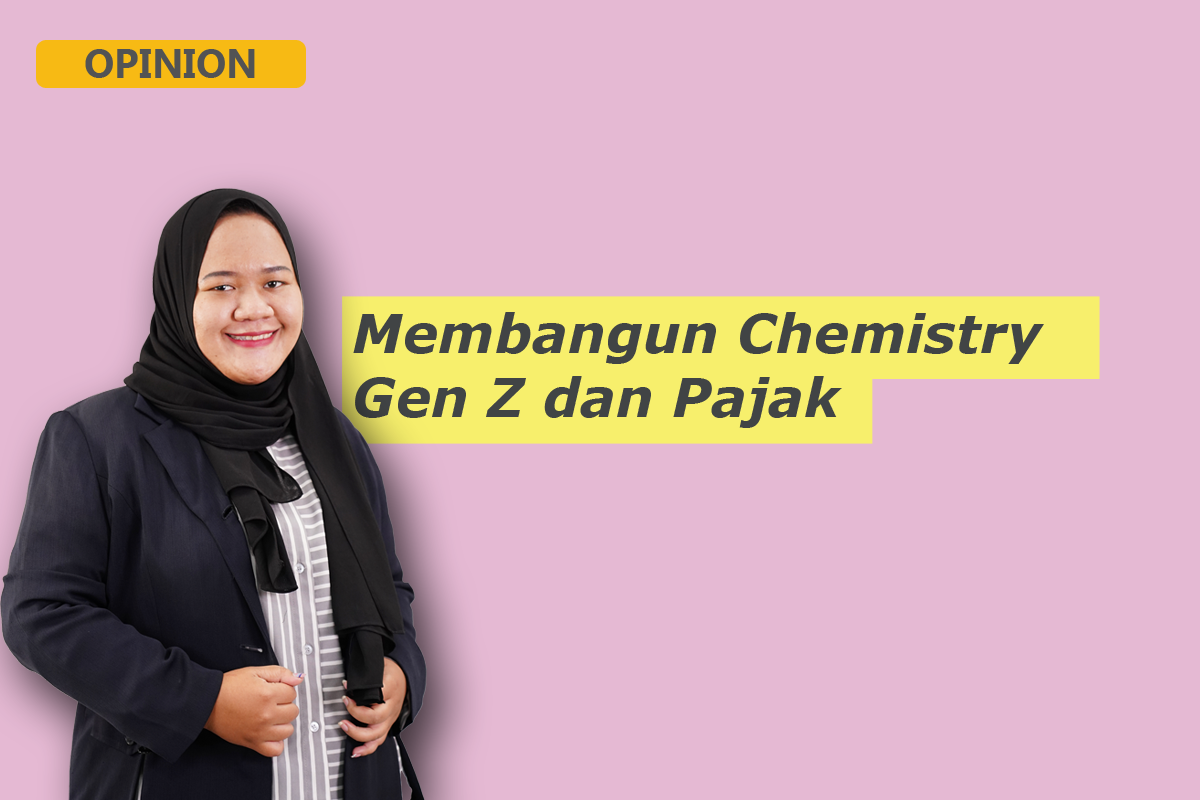The polemic of the Harmonized Tax Law (UU HPP) seems to be endless. Especially with another episode of the tax amnesty program, this time labeled with "Voluntary Disclosure Program (PPS)".
The PPS or tax amnesty volume II will be implemented for six months, namely from 1 January 2022 to 30 June 2022. There are two types of tax amnesty policies in PPS based on the HPP Law. (See table).
| Details | Policy I | Policy II |
| Subject | Individual taxpayers and corporate taxpayers participated in the tax amnesty | Individual taxpayers |
| Asset base | Assets as of 31 December 2015 which has not been disclosed in the tax amnesty | Asset acquired in 2016-2020 which has not been reported in 2020 tax return |
| Final Income Tax Rate | - 11% for asset declaration - 8% for repatriated foreign assets and domestic assets - 6% for repatriated foreign assets and domestic assets which is invested in govt./ securities/downstream/renewable energy |
- 18% for asset declaration - 14% for repatriated foreign assets and domestic assets - 12% for repatriated foreign assets and domestic assets which is invested in govt./ securities/downstream/renewable energy |
In essence, the first PPS policy is intended for individual taxpayers and corporate taxpayers participating in the tax amnesty volume I (2016-2017) who have not or under-reported their net assets until the fiscal year 2015 in an asset declaration letter. This point shows that the implementation of tax amnesty volume I was incomplete or not yet optimal. Meanwhile, the second PPS policy only applies to individual taxpayers—not corporate taxpayers—who have not reported their 2016-2020 acquired assets in the tax return.
In an online press release, Minister of Finance Sri Mulyani Indrawati stated that the purpose of the PPS is to improve the voluntary compliance of taxpayers. To make this policy succeed, the HPP Law provides a guarantee that the tax office will not issue a Tax Assessment Letter (SKP) through an audit for individual taxpayers who take part in the PPS and disclose assets acquisition in 2016-2020.
With the guarantee, the authority of the tax officials to check the tax compliance of PPS participants is abolished. Therefore, the issuance of SKP can only be carried out if data or information on property ownership are found to not conform to the disclosure notification letter.
At this point, nothing seems problematic. However, if analyzed further, this policy can be used by dishonest taxpayers to act unjustly by participating in the tax amnesty policy volume II.
Voluntary Disclosure Modes
The audit-free guarantee potentially opens a loophole for taxpayers (both the dishonest and compliant ones) to avoid lengthy and grueling tax audits.
To avoid the audit, taxpayers may simply become PPS participants by reporting assets that have not been reported in the tax returns. Ideally, all assets that have not been reported in the tax returns are disclosed in the PPS. Yet it is not impossible that the dishonest taxpayers only report a small part of their assets.
After all, regardless of the value of the assets disclosed by the taxpayer, the DGT will not conduct any audit to issue SKP for fiscal years 2016 to 2020, unless the DGT discovers information discrepancies.
The question is, does the government have accurate information related to the assets of dishonest taxpayers that have not been reported in the tax returns? Or at least does the DGT already have a reliable verification mechanism to detect dishonest taxpayers participating in the tax amnesty program volume II?
A mechanism exists regarding the imposition of a final income tax of 30% along with interest penalty according to the General Provisions and Tax Procedures Law on the findings of net assets that have not been or incompletely disclosed by PPS participants. However, the consequences are too light and insignificant when compared to the previous tax amnesty penalty, which was in the form of a fine of 200% of the tax payable.
If so, is it true that the tax amnesty volume II can achieve its goal to increase voluntary compliance?
Of course, we still have to wait for the final results of PPS to find out the answer. The simple indicator is whether the tax revenue is high or in accordance with the value of the assets disclosed by individual taxpayers. If the answer is positive, the PPS can be considered successful.
What if the number of PPS participants skyrockets while the tax payment is insignificant or the value of the assets disclosed is low? We can only guess who actually win from this tax policy. Is it the country? Certainly not.
However, at least thanks to PPS, hopefully, the reform of the Directorate General of Tax Information System to become the Core Tax System can use a better tax database starting in 2023.
**) A short version of this article was published in Kompas.com on 29 November 2021.







